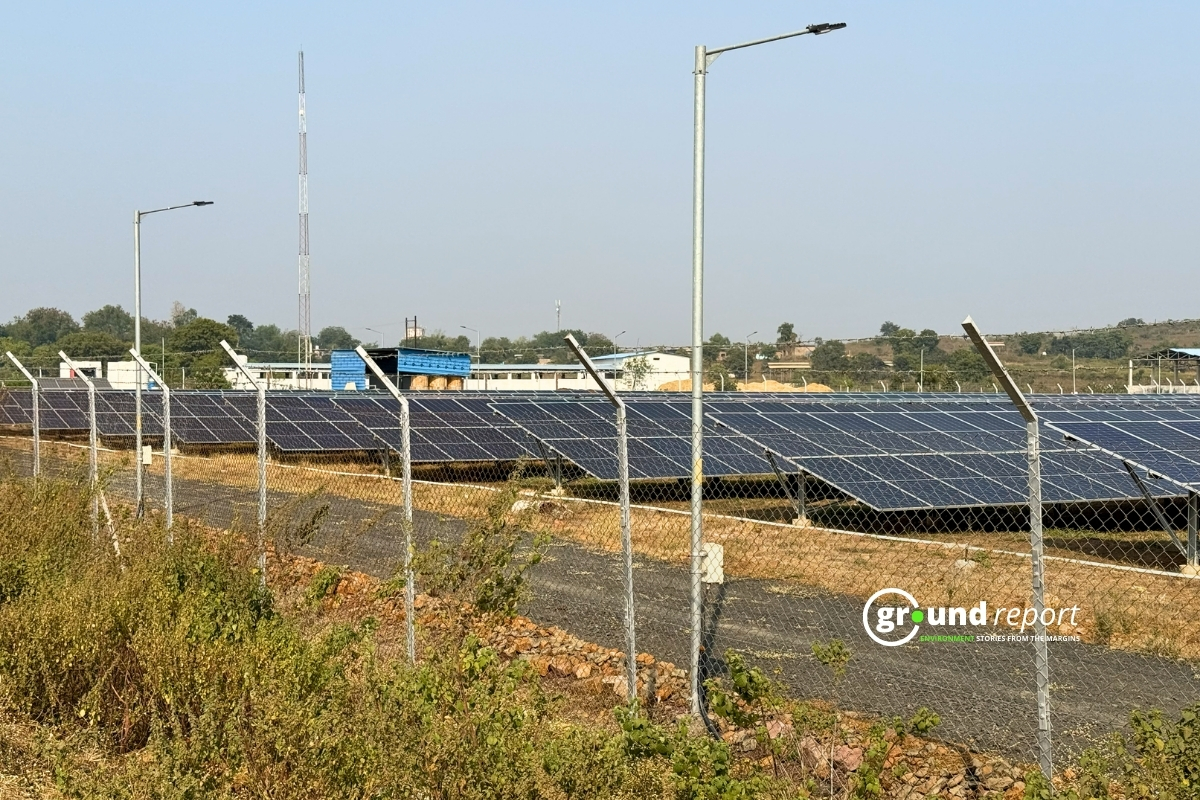A new study raises concerns about human impact on the natural decomposition process in rivers and streams worldwide. Research from the University of Georgia, Oakland University, and Kent State University suggests that humans may be accelerating the organic matter decomposition rate globally.
The findings, published in Science, are the first to combine a global experiment and predictive modeling to show how human impacts to waterways may contribute to the global climate crisis.
“Everyone needs water,” said Krista Capps, co-author of the study and an associate professor at the University of Georgia’s Odum School of Ecology and Savannah River Ecology Laboratory. “It’s concerning when human activities change the fundamental ways rivers work. Increases in decomposition rates may be problematic for the global carbon cycle and for animals in streams because their food resources will disappear more quickly, lost to the atmosphere as carbon dioxide.”
Warming, urbanization, nutrients disrupt carbon
Rivers and streams play a crucial role in the global carbon cycle by storing and decomposing plant matter. This process involves bacteria and fungi colonizing the leaf litter, then being consumed by insects, forming the base of the aquatic food chain. However, the study found that human activities are disrupting this process.
Typically, the process follows this sequence: a leaf falls into the river, where bacteria and fungi colonize it. Insects then consume these microorganisms, using the carbon from the leaf to grow and reproduce. Fish, in turn, eat the insects.
However, the study found that human activities are altering this process. In areas affected by urbanization and agriculture, the rate at which leaf litter decomposes is accelerating.
When decomposition speeds up, insects lose the opportunity to absorb the carbon from the leaf. Instead, the carbon is released into the atmosphere, contributing to greenhouse gas pollution and disrupting the food chain.
Scott Tiegs, a co-author of the study and a professor of biological sciences at Oakland University, said, “We usually associate greenhouse gas emissions with tailpipes and factories. But a lot of carbon dioxide and methane comes from aquatic ecosystems. This process is natural. But when humans add nutrient pollution like fertilizer to fresh waters and elevate water temperatures, we increase the decomposition rates and direct more CO2 into the atmosphere.”
Less human impact improves water quality
The scientists collected field data from 550 rivers worldwide, collaborating with over 150 researchers in 40 countries. Using this data, they generated one of the first estimates of decomposition rates in rivers and streams globally, including understudied areas like the tropics.
The researchers identified environmental factors responsible for increased decomposition rates, such as higher temperatures and nutrient concentrations, both impacted by human activities.
“Reducing human impacts on decomposition will keep more carbon in rivers, preventing it from entering the atmosphere as carbon dioxide and contributing to climate change,” said David Costello, co-author of the study and an associate professor at Kent State.
The study’s findings have far-reaching implications for waterway biodiversity and the global carbon cycle. Accelerated decomposition releases carbon stored in plant matter into the atmosphere before insects and aquatic life can absorb it. This disrupts the food chain and potentially exacerbates climate change.
The researchers compiled their data into a free online mapping tool showing the decomposition rates of leaves in local waterways. This provides a valuable resource for understanding and addressing this issue.
This study calls attention to the impact of human activities on natural processes amid climate change and biodiversity loss. Reducing nutrient pollution, mitigating urbanization’s effects on waterways, and curbing global warming could slow decomposition rates and preserve vital ecosystems.
Keep Reading
Part 1: Cloudburst in Ganderbal’s Padabal village & unfulfilled promises
India braces for intense 2024 monsoon amid recent deadly weather trends
Support us to keep independent environmental journalism alive in India.
Follow Ground Report on X, Instagram and Facebook for environmental and underreported stories from the margins. Give us feedback on our email id greport2018@gmail.com.
Don’t forget to Subscribe to our weekly newsletter, Join our community on WhatsApp, and Follow our YouTube Channel for video stories.










